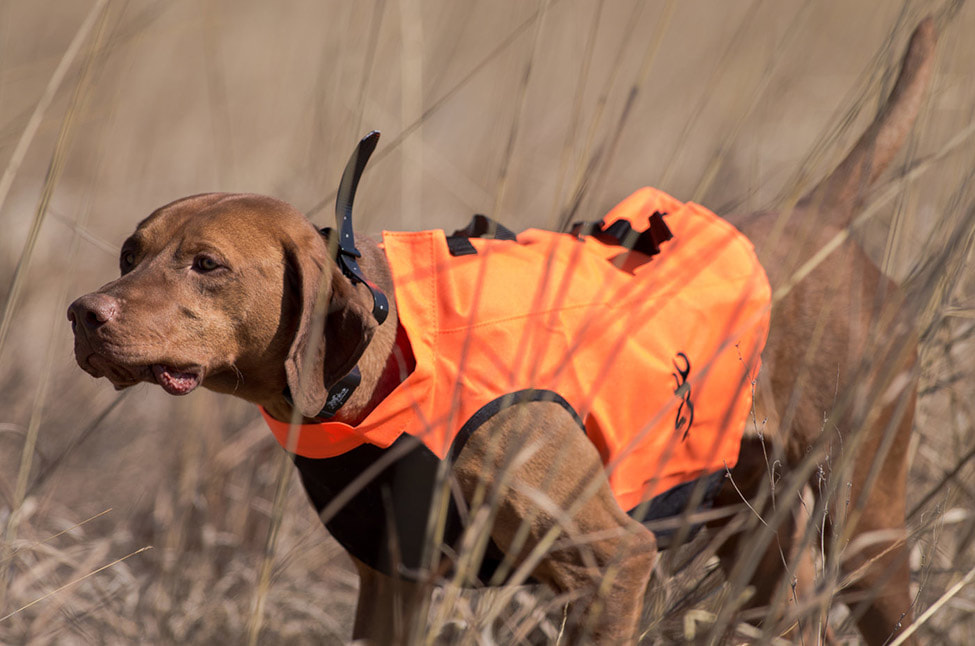 The use of tracking dogs for downed big game in Pennsylvania is now legal. Photo compliments of Howard Communications The use of tracking dogs for downed big game in Pennsylvania is now legal. Photo compliments of Howard Communications In a turnaround from past attempts at legalizing tracking dogs in Pennsylvania, the Pennsylvania Game Commission (PGC) has approved the use of them after getting legislative approval. The legislation, sponsored by state Sen. Mario M. Scavello, provides another choice for hunters who have shot and inflicted injury on a white-tailed deer, black bear or elk, but lose the trail. “This law will provide greater recovery of big game shot by hunters,” noted PGC Executive Director Bryan Burhans. “Trailing big game can require specialized tracking skills, especially after nightfall. And if it’s a warmer night, or rain is approaching, every minute matters. Within a few hours, downed big game might spoil,” he added. Earlier this year, Gov. Tom Wolf signed into law a bill that allows for the use of leashed tracking dogs to recover big game that cannot be recovered by hunters. It furthered the need for properly trained and controlled tracking dogs. “This simple and humane change in law is of great benefit to both our hunting community and some of Pennsylvania’s most-valued natural resources, white-tailed deer, black bears and elk,” Scavello said in a press release. According to the PGC, big-game hunters may use tracking dogs to recover big game in the 2018-19 seasons. Dogs, however, cannot be used to locate big game unless an animal has been shot. “It’s important to remember that the new leashed tracking dog language to the Game and Wildlife Code really doesn’t change how hunters can track wounded big game,” said Randy Shoup, Bureau of Wildlife Protection director. The only difference is the tracking dog. The new law says that during hunting hours, big game can be tracked with a sporting arm, which can be possessed only by the hunter. After hunting hours close, a sporting arm cannot be used to dispatch downed big game. This includes Sundays and the day after season closes. In addition, hunters tracking big game after hours, or on Sundays are asked to contact the Game Commission region office serving the county where the animal will be tracked, to alert the local state game warden of the recovery effort. It’s possible the game warden might accompany the tracker. During tracking, the hunter and the tracker (dog owner) must be licensed for the big game being tracked and meet the season’s florescent orange requirements. In addition, the longstanding expectation for hunters, and now trackers, to respect private property boundaries remains in place. Trackers do not register with and are not certified or licensed by the PGC. Trackers might charge for their services, but the PGC will not resolve differences between trackers and hunters. Commercial activity on state game lands is prohibited so tracking dog owners cannot charge for their services there.
0 Comments
Leave a Reply. |
AuthorNick Hromiak has been an outdoors and automotive writer for over 30 years. He's been published in numerous national and state-wide outdoor magazines and newspapers.
|
Proudly powered by Weebly
 RSS Feed
RSS Feed